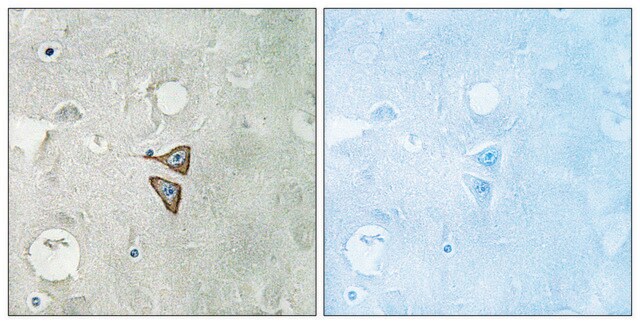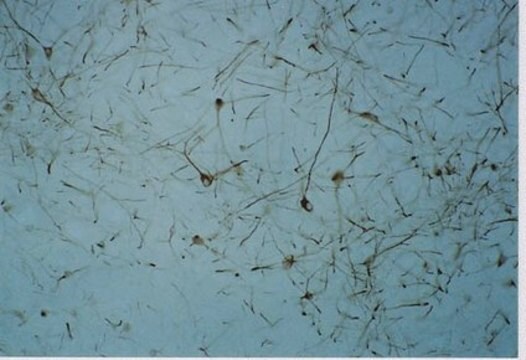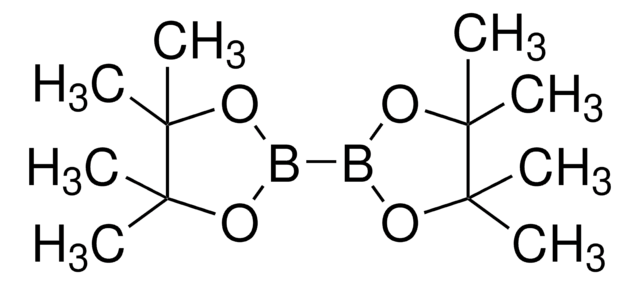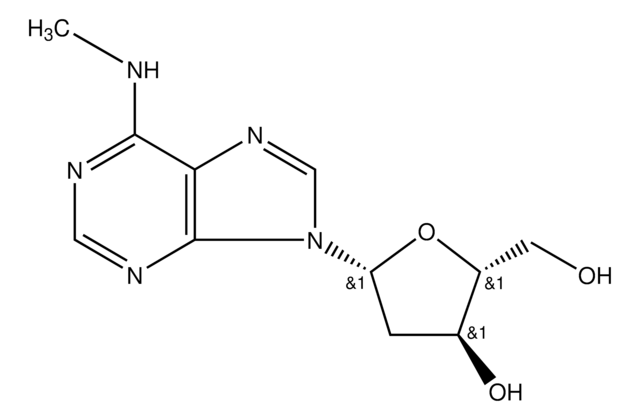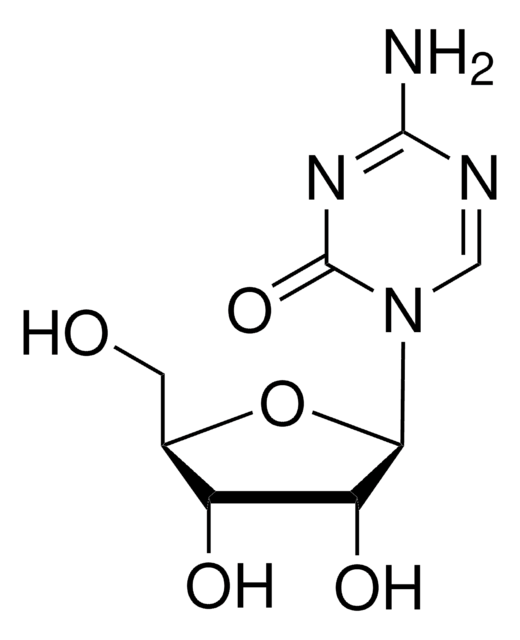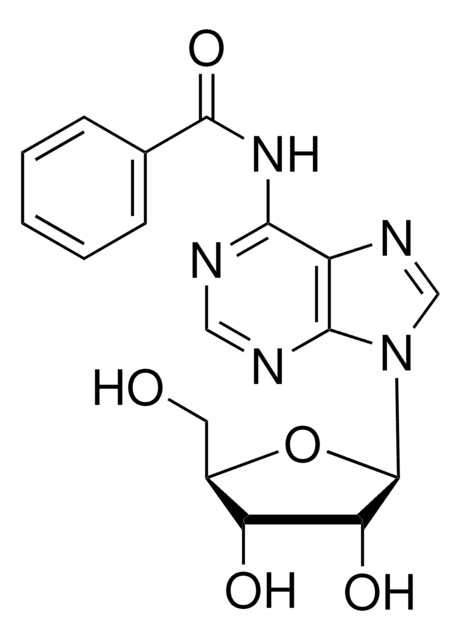추천 제품
생물학적 소스
rabbit
Quality Level
결합
unconjugated
항체 형태
whole antiserum
항체 생산 유형
primary antibodies
클론
polyclonal
형태
lyophilized powder
분자량
antigen ~55 kDa
종 반응성
mouse (predicted), rat
기술
immunocytochemistry: 1:800 using PLP fixed rat brain sections
western blot: 1:800 using whole brain homogenate
UniProt 수납 번호
배송 상태
wet ice
저장 온도
−20°C
유전자 정보
mouse ... Oprd1(18386)
rat ... Oprd1(24613)
일반 설명
Opioid peptides are endogenous neuromodulators that play a major role in nociception by interacting with several membrane receptors. Molecular cloning techniques have characterized the nucleotide sequence of several distinct opioid receptors, including the δ-, κ- and μ-opioid receptors.1 The cloned receptors are highly homologous (65%), differing only at the N- and C-termini and at the extracelluar loops that confer binding specificity. All three receptors interact with heterotrimeric G proteins.
δ-Opioid receptors (DOR) are located postsynaptically on pallidostriatal feedback neurons. DORs also modulate nociception presynaptically in the periaqueductal gray where immunolabeling of DOR has been shown to be intracellular and often associated with large dense-core vesicles. Additionally, receptor autoradiographic investigations have localized DORs to the external plexiform layer of the olfactory bulb, the nucleus accumbens, several layers of the cerebral cortex and several nuclei of the amygdala.
References
1. Goldstein, A. Trends Pharmacol. Sci., 8, 456-459 (1987).
δ-Opioid receptors (DOR) are located postsynaptically on pallidostriatal feedback neurons. DORs also modulate nociception presynaptically in the periaqueductal gray where immunolabeling of DOR has been shown to be intracellular and often associated with large dense-core vesicles. Additionally, receptor autoradiographic investigations have localized DORs to the external plexiform layer of the olfactory bulb, the nucleus accumbens, several layers of the cerebral cortex and several nuclei of the amygdala.
References
1. Goldstein, A. Trends Pharmacol. Sci., 8, 456-459 (1987).
특이성
The antiserum is specific for the COOH terminal of the opioid δ receptor.
면역원
Peptide corresponding to the carboxy-terminal of the opioid δ receptor covalently attached onto a carrier protein.
면책조항
Unless otherwise stated in our catalog or other company documentation accompanying the product(s), our products are intended for research use only and are not to be used for any other purpose, which includes but is not limited to, unauthorized commercial uses, in vitro diagnostic uses, ex vivo or in vivo therapeutic uses or any type of consumption or application to humans or animals.
적합한 제품을 찾을 수 없으신가요?
당사의 제품 선택기 도구.을(를) 시도해 보세요.
Storage Class Code
11 - Combustible Solids
WGK
WGK 3
Flash Point (°F)
Not applicable
Flash Point (°C)
Not applicable
개인 보호 장비
Eyeshields, Gloves, type N95 (US)
시험 성적서(COA)
제품의 로트/배치 번호를 입력하여 시험 성적서(COA)을 검색하십시오. 로트 및 배치 번호는 제품 라벨에 있는 ‘로트’ 또는 ‘배치’라는 용어 뒤에서 찾을 수 있습니다.
S R Childers
Life sciences, 48(21), 1991-2003 (1991-01-01)
Although pharmacological data provide strong evidence for different types of opioid receptors (e.g., mu, delta, and kappa), they share many common properties in their ability to couple to second messenger systems. All opioid receptor types are coupled to G-proteins, since
M F Olive et al.
The Journal of neuroscience : the official journal of the Society for Neuroscience, 17(19), 7471-7479 (1997-09-20)
Parallel studies have demonstrated that enkephalin release from nerve terminals in the pallidum (globus pallidus and ventral pallidum) can be modulated by locally applied opioid drugs. To investigate further the mechanisms underlying these opioid effects, the present study examined the
The delta-opioid receptor: molecular pharmacology, signal transduction, and the determination of drug efficacy.
R M Quock et al.
Pharmacological reviews, 51(3), 503-532 (1999-09-02)
P A Zaki et al.
Annual review of pharmacology and toxicology, 36, 379-401 (1996-01-01)
Since the discovery of opioid receptors over two decades ago, an increasing body of work has emerged supporting the concept of multiple opioid receptors. Molecular cloning has identified three opioid receptor types--mu, delta, and kappa--confirming pharmacological studies that previously postulated
B L Kieffer
Cellular and molecular neurobiology, 15(6), 615-635 (1995-12-01)
1. Opioid peptides are a family of structurally related neuromodulators which play a major role in the control of nociceptive pathways. These peptides act through membrane receptors of the nervous system, defined as mu, delta and kappa and endowed with
자사의 과학자팀은 생명 과학, 재료 과학, 화학 합성, 크로마토그래피, 분석 및 기타 많은 영역을 포함한 모든 과학 분야에 경험이 있습니다..
고객지원팀으로 연락바랍니다.